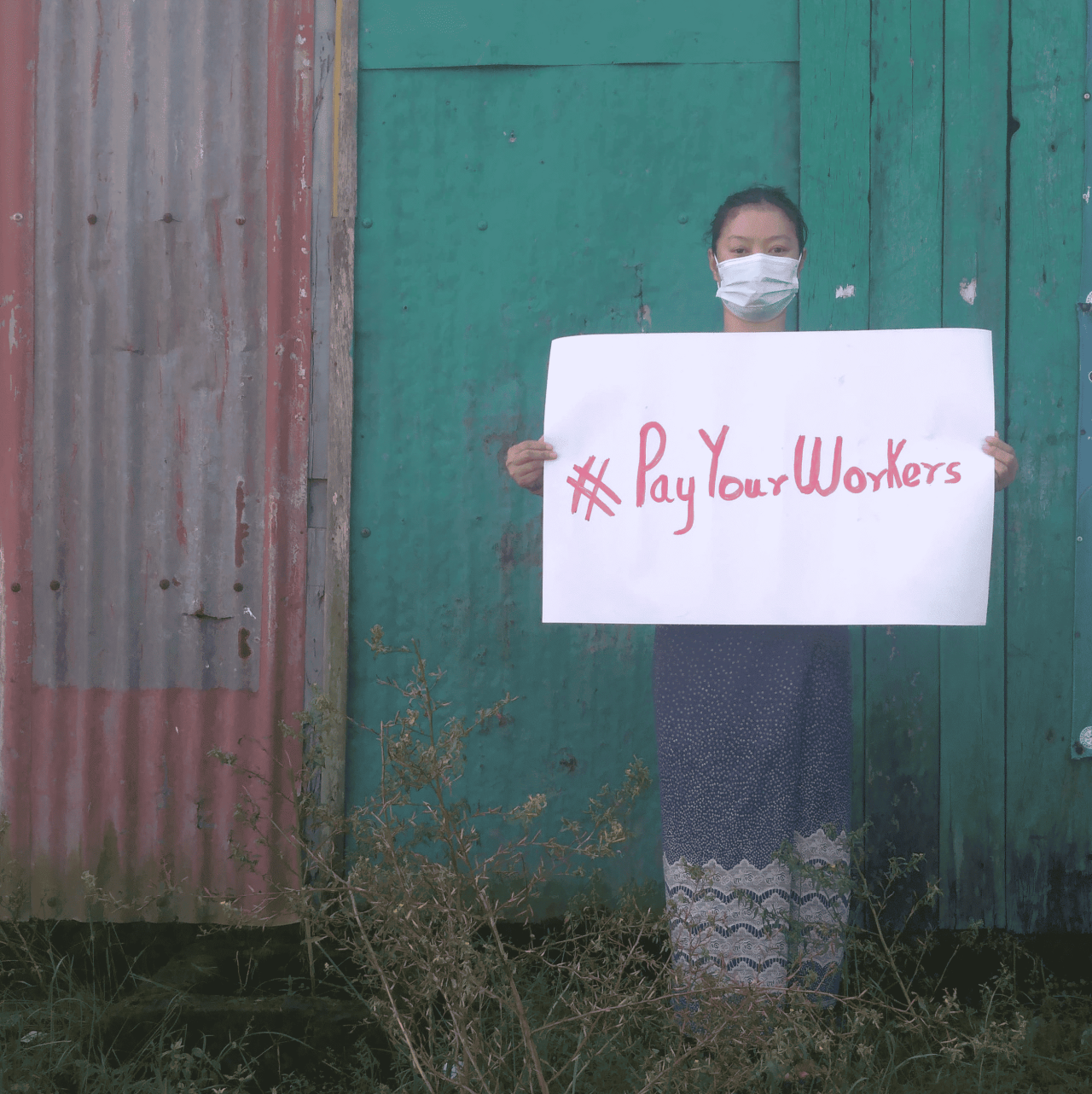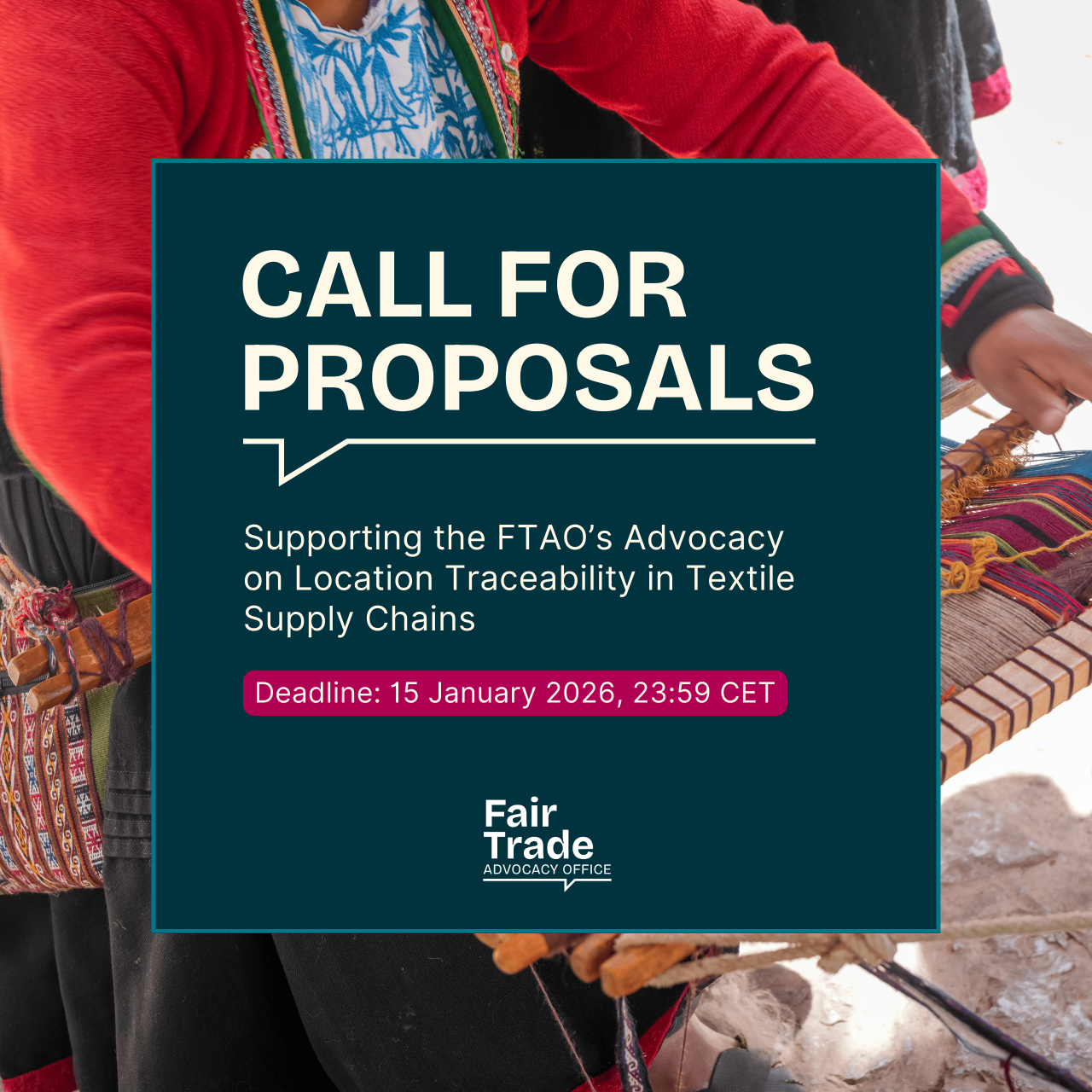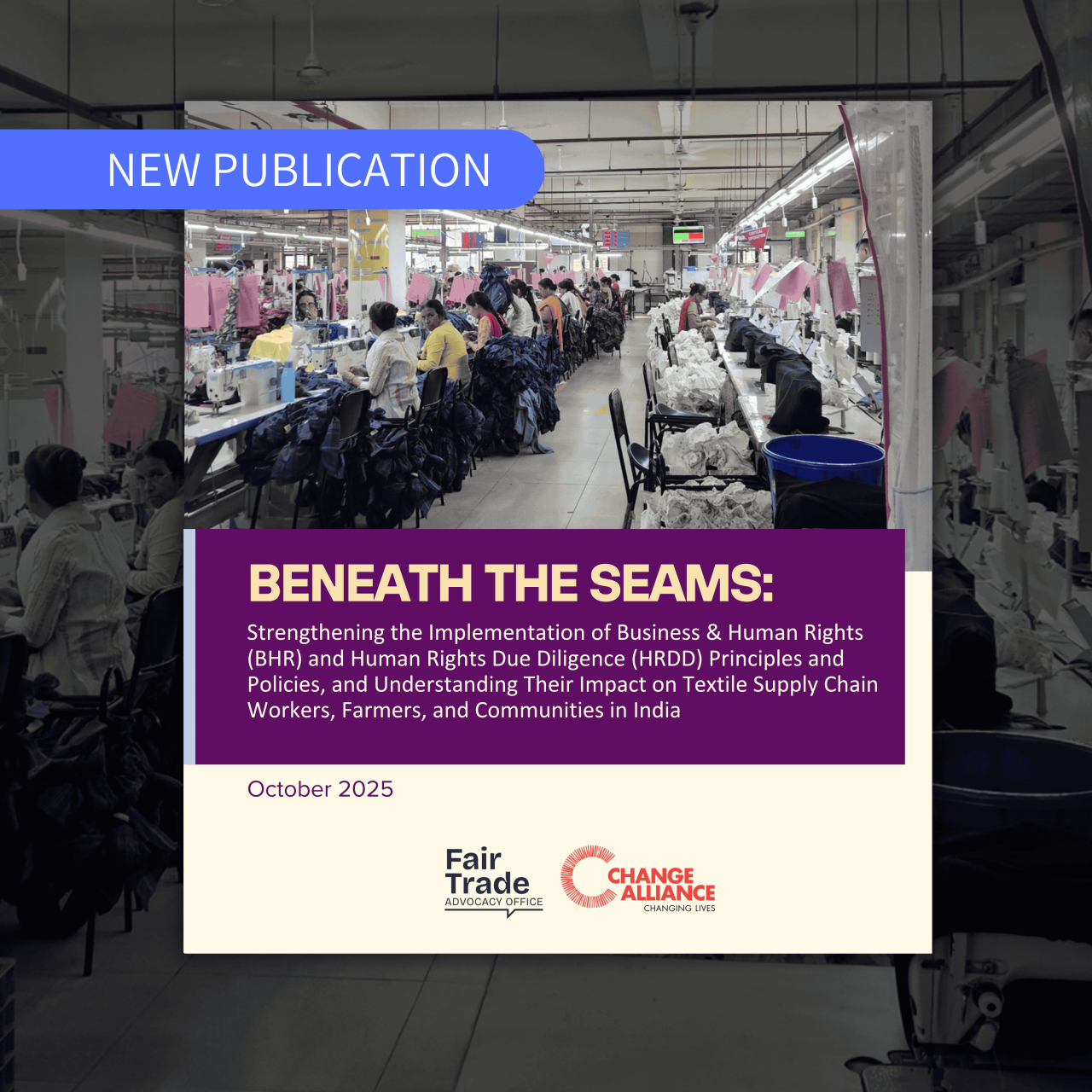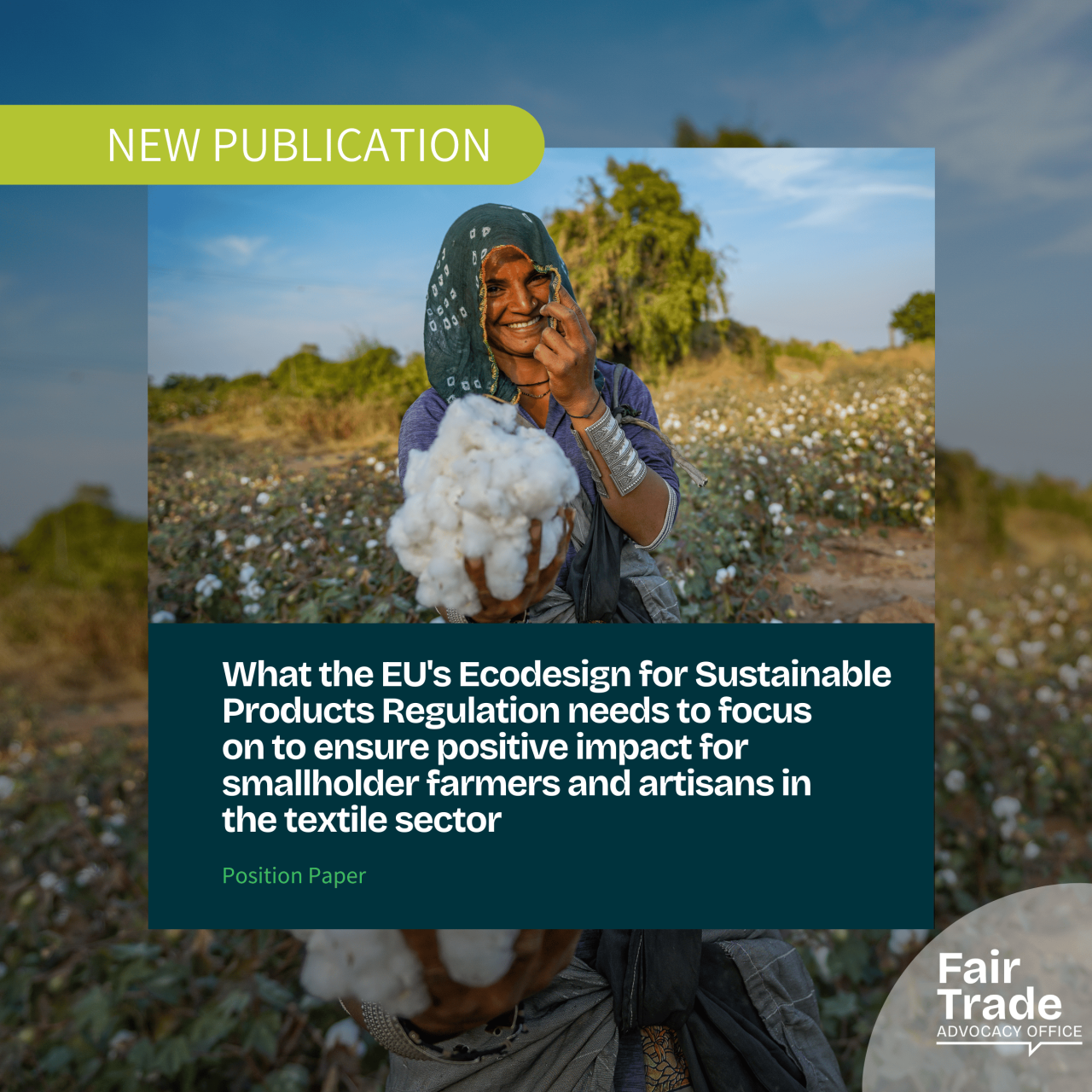Leveraging the Unfair Trading Practices Directive to benefit the Garment Sector

This joint paper proposes that trade unions and civil society organisations concerned about labour rights in the garment sector convince EU Member States to expand the scope of the transposition of the 2019 Directive on unfair trading practices in the agri-food sector to also include garment brands, retailers and manufacturers. As this paper demonstrates, Unfair Trading Practices are widespread in the garment sector. Therefore, the new rules that apply to food business could significantly improve responsible business conduct in the garment sector.
The purpose of this paper is to set out why garment companies should be included in the scope of how the UTP Directive is transposed in your country. It is aimed as an advocacy tool for trade unions, labour rights organisations and allies to use in their respective EU Member States to broaden the application of the Directive.
The publication of the paper coincides with the recent adoption of an Explanatory Opinion of the European Economic and Social Committee (EESC) on the transposition and implementation of the EU Directive on the agri-food supply chain. In the opinion, entitled Towards a fair food supply chain (NAT/823), the EESC welcomes the efforts undertaken by Member States which have addressed, through their transposition laws, issues that go beyond the minimum requirements of the EU Directive.
With regard to the adoption of the opinion, Jorge Conesa, policy manager at the FTAO and appointed expert by the rapporteur of the opinion, highlighted that “many of the challenges and dysfunctions that the EU decided to address through the agri-food UTP Directive are -at least- equally severe in the garment sector and it is, therefore, logical to undertake a similar legislative approach to tackle them”.
More From The Workstream

CALL FOR PROPOSALS: Supporting the FTAO’s Advocacy on Location Traceability in Textile Supply Chains

The FTAO launches Textiles Advocacy Strategy Group to strengthen global voices in EU textile policy

Beneath the Seams: Strengthening Human Rights Due Diligence and its impact on textile workers, farmers and communities in India
